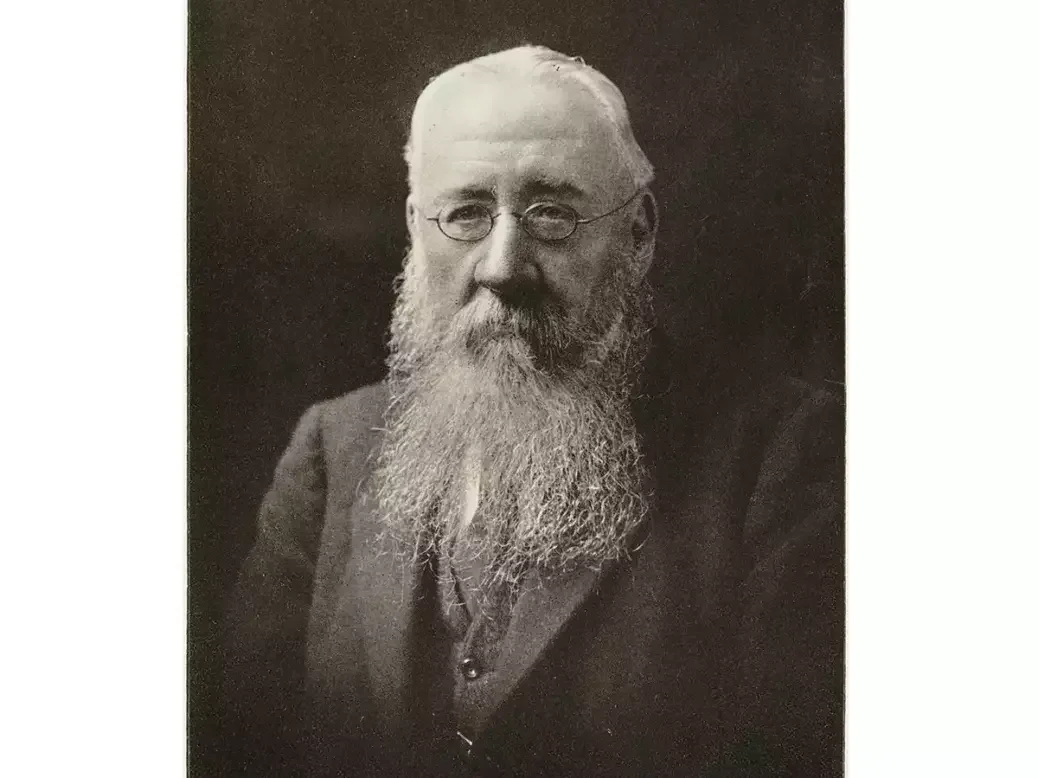
George Saintsbury’s Notes on a Cellar-Book has been unaccountably in print ever since it was published in 1920, nurtured by Macmillans, who must have made a pile out of the old prof over the years. I say “unaccountably” because readers looking for anything useful about wine in it are in for a disappointment—and those looking for a rollicking good read, even more so.
Saintsbury was the quintessential don, professor of English and of French literature at Edinburgh University and author of respected histories of both. However dons are these days (and who calls them dons?), 100 years ago or so they (or some of them) took delight in obscurity. It was a great joke, it seems, to talk and write in code, a code based on the classical education in which they had the advantage of us. (See, I’m beginning to write like one myself.)
I fell at the first fence, the first sentence of Saintsbury’s Notes. The old joke, “Who has tied my son to this sword?” is, I’m afraid, a new one on me. Had I recognized it as Cicero’s gag on seeing his diminutive son-in-law wearing a long sword, I would (or perhaps should) have cracked up—once I had fathomed why Saintsbury starts his book with it. (In fact, in explanation for writing a prologue at all to such a short book. At least, that’s what I suppose.)
A generous friend gave me a signed copy of the limited (500 copies) first edition. Macmillan’s must have been pretty confident, even anticipated the smash hit it has turned out to be. I still ask why.
De Gustibus: Hugh Johnson on Drinking Windows
De Gustibus: Hugh Johnson on Sherry and Sake






